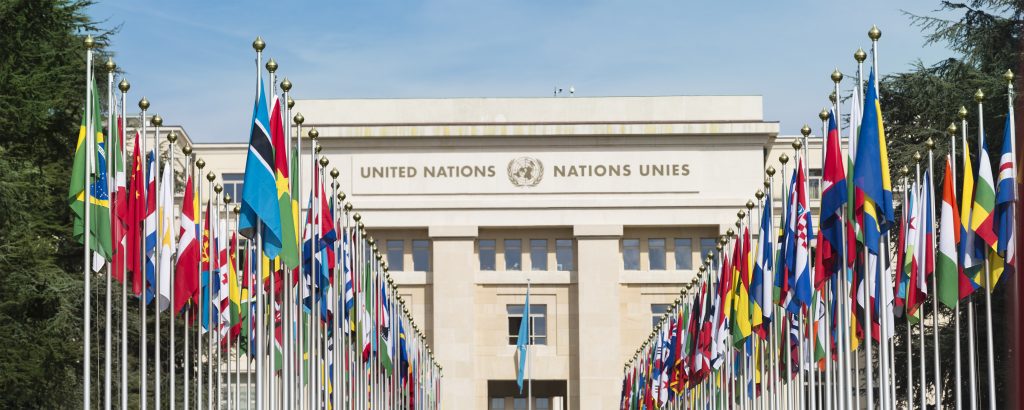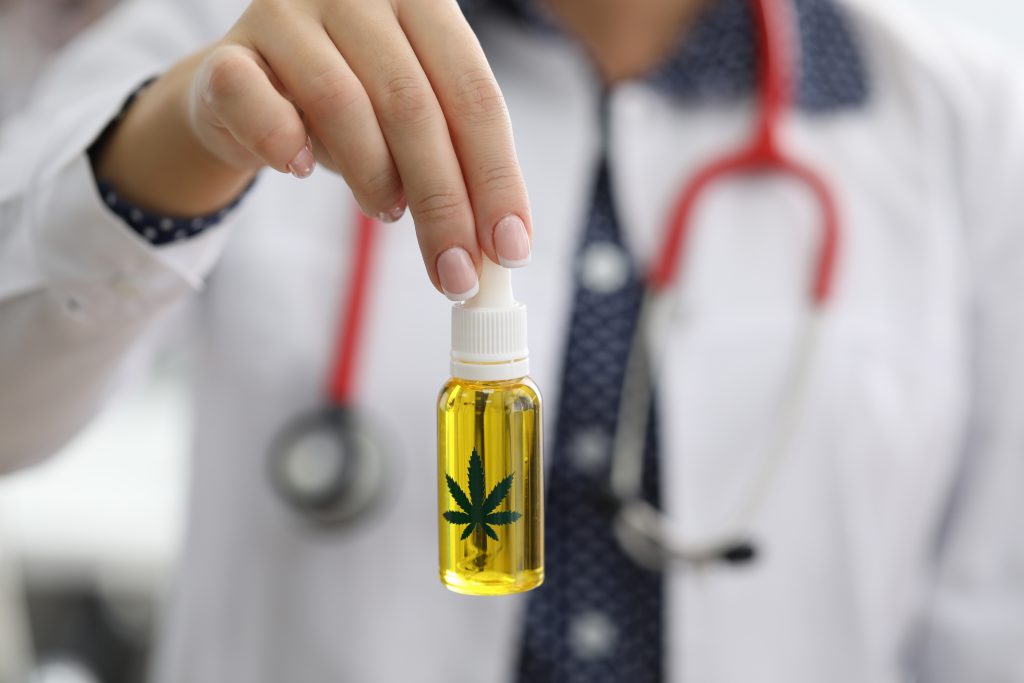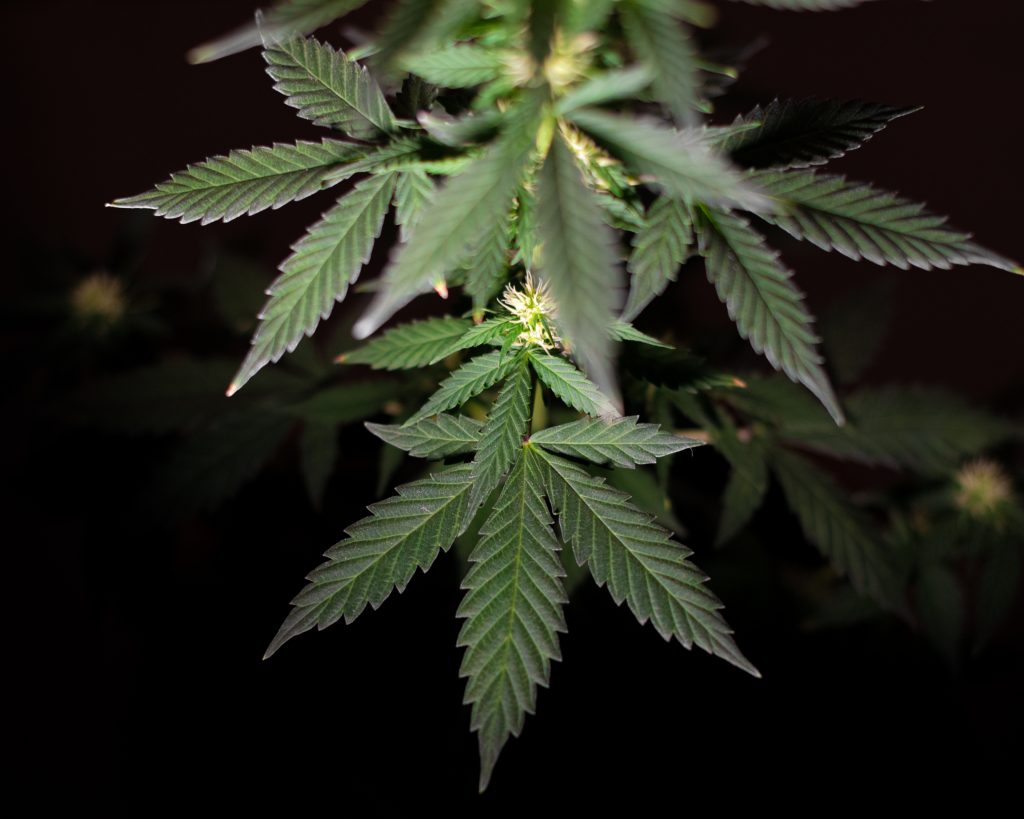Well, it might be a small step forward in the fight for cannabis legalization, but the recent UN vote on WHO recommendations only saw one positive measure taken. While being removed from schedule IV, cannabis remains schedule I according to the UN.
Welcome to the fast-paced and exciting world of legal cannabis. Currently we have great discounts on the new Delta-8 THC, making headlines all over the world. Sign-up to the Delta 8 Weekly newsletter below, to get the list of the best Delta-8 THC products and our exclusive coupon codes.
If you read most of the headlines, you’d think there was a massive step forward taken today in the fight to legalize cannabis, or at least have it taken seriously for its medical properties. But if you read a little closer, the end result is really not as great as it originally sounds to be. Yes, cannabis might no longer be schedule IV of the Single Convention, but it’s still sitting pretty at the top of both scheduling treaties.
UN drug scheduling
In 1961, negotiations were made between different countries of the world to come up with a treaty called the Single Convention on Narcotic Substances. Ten years later, yet another scheduling set was presented, this was called the 1971 Convention on Psychotropic Substances. These two treaties set basic guidelines for the international legality of certain drugs, but leave individual countries to come up with their own policies, though they must keep in line with the treaties (or, at least, they’re supposed to). As of 2018, 186 governments had signed the Single Convention on Narcotics treaty, though this does not give all of them the ability to vote.

The following are the two treaties, and their scheduling groups, prior to the vote:
Single Convention on Narcotic Substances:
- I – Addictive drugs with a high risk for abuse (group contains cannabis and heroine).
- II – Medical substances with a low risk for abuse.
- III – Preparations that are made from substances in schedule II, and those that use cocaine.
- IV – The most dangerous drugs listed in schedule I, these are considered very harmful and with no substantial medical or therapeutic value. (This group contains cannabis).
Single Convention on Psychotropic Substances:
- I – Substances which pose a major threat to public health, with a high risk of abuse, and which are considered to have no substantial therapeutic value. This group includes THC (but not the whole cannabis plant).
- II – Substances which pose a major threat to public health, with a risk of abuse, and which are considered to have only a low to moderate therapeutic value.
- III – Substances which pose a major threat to public health, with a risk of abuse, and which are considered to have a moderate to high therapeutic value.
- IV – Substances which pose a minor threat to public health, with a risk of abuse, and which are considered to have a high therapeutic value.
What were the recommendations?
WHO – or the World Health Organization, is the arm of the UN which is responsible for global public health measures. In 2019, after the WHO Expert Committee’s 41st meeting, a few different recommendations were made about how cannabis is scheduled. A vote was originally postponed in spring of 2019 by the Commission on Narcotic Drugs when it met for its 62nd meeting. This was to make sure that voting countries had more time to prepare and understand the information at hand. It was postponed again earlier this year, with a new date set for today.
While the WHO can make recommendations to the existing treaty, actually amending it is done by the UN’s Commission on Narcotic Drugs. The recommendations given by WHO concerning cannabis, were as follows:

- 5.1 – Remove cannabis and cannabis resin from schedule IV of the Single Convention.
- 5.2.1 – The addition of Dronabinol (and stereoisomers) to schedule I of the Single Convention.
- 5.2.2 – If previous recommendation is adopted, the removal of Dronabinol (and stereoisomers) from schedule II of the 1971 Convention.
- If 5.2.1 is adopted, the addition of THC to schedule I of the Single Convention.
- 5.4 – Remove cannabis extracts and tinctures from schedule I of the Single Convention.
- 5.5 – The addition of a footnote in schedule I of the Single Convention to ‘cannabidiol preparations’, which reads, “Preparations containing predominantly cannabidiol and not more than 0.2 per cent of delta-9- tetrahydrocannabinol are not under international control.”
- 5.6 – “Add preparations containing dronabinol, produced either by chemical synthesis or as preparations of cannabis that are compounded as pharmaceutical preparations with one or more other ingredients and in such a way that dronabinol cannot be recovered by readily available means or in a yield which would constitute a risk to public health, to Schedule III of the 1961 Convention.”
A thing to notice before getting into the outcome of the recommendations… If someone thought there was a chance of getting cannabis completely out of there, this would be very much mistaken. Even in the best case scenario, THC would still be schedule I in the Single Convention, and that would keep it in the same class as heroin.
The vote
As stated before, there are 186 countries that have signed the Single Convention on Narcotic Substances treaty. However, this does not give them all voting rights. The vote took place in Vienna, and consisted of 53 member countries that had the right to vote.
In short, only one recommendation was taken, 5.1, the removal of cannabis and cannabis resins from schedule IV of the Single Convention, opening it up for legal medical use. That means cannabis remains schedule I according to the Single Convention, and leaves THC in schedule I of the 1971 Convention. Essentially, all that really happened is that it opened the door more for the medical industry, which had really become a necessity considering how many countries were already breaking code. This vote might be touted by the press as a major win for the cannabis industry, but in reality, it’s more of a blow. This was a chance to really change how the plant is used, and the only thing that happened is that a formal clearance was given for what is already going on.
As far as the one measure that did pass, the vote was extremely close, highlighting, I suppose, why the other measures failed. It passed with a vote of 27-25 with one abstention.

Implications
There really aren’t many, to be honest. While many headlines blare news about the UN making cannabis officially a ‘less dangerous’ drug, that didn’t really happen because in reality, cannabis remains schedule I. In fact, the only thing that happened is the UN played catch-up with what is already going on, and what is not likely to stop. If the UN hadn’t passed that measure, it would officially make every country with a medical program in violation….which they technically already were. That one recommendation was a save-face for the UN, and since medical cannabis has been implemented all over the globe despite both conventions, it didn’t really matter anyway. It also means there isn’t going to be a drastic change. Individual governments are still tasked with making their own drug laws, with places like China reinforcing that it will maintain its tight restrictions.
One implication that does come out of it is that CBD will not be any further clarified. CBD oil is often in gray area because it can’t easily be produced without some trace amount of THC. Recommendation 5.5 would have shed some further light on the situation, but it was roundly rejected along with the other measures, leaving CBD to stay in the gray.
Conclusion
Some might find this to be a win for the cannabis industry, and the fight for legalization, however, I see this as a major loss. This vote shows how many countries are still in favor of unnecessarily harsh regulation, and resistant to new information, or change. This vote goes to show just how far behind much of the world is.
One of the interesting things about a vote like this, is that its obviously going to leave some people (or countries) unhappy with the outcome. The UN functions because countries buy into it, but no one ever said they had to. It’s just like the issue of Brexit. If too much is pushed, countries might very well leave. If not enough is done, a different set will be angered. I wonder if the UN might have lost members if the vote had gone differently. For now, anyway, cannabis remains schedule I, and who knows when that will change.
Of course, considering how many governments started medical programs in opposition to this treaty, and how many have approved recreational measures…it really doesn’t matter.
Thanks for dropping by CBDtesters.co, your #1 spot for all cannabis-related news. Stop by frequently to stay in the know, and sign up to our newsletter so you never miss a beat!
Resources
Guam Legalized Recreational Marijuana, Asks Citizens to Help
New Zealand Voted NO to Cannabis Legalization
Is Croatia Trying to Legalize Recreational Cannabis?
Uruguay Was The First Country to Legalize Cannabis – How Are They Doing Now?
Fly with Cannabis – Which Countries Let You Do It Newest Cannabinoid Luxembourg Likely to Be First EU Country to Legalize Recreational Cannabis
What is DELTA 8 THC (FAQ: Great resource to learn about DELTA 8THC)
Time to Vote: Will WHO Cannabis Recommendations Be Accepted?
Let the People Choose: Will Kiwis Vote to Legalize Recreational Cannabis?
The CBD Flowers Weekly newsletter (your top resource for all things smokable hemp flowers)
The Medical Cannabis Weekly newsletter (International medical cannabis business report)
Paraguay Grows it, Brazil Takes it… Will New Cannabis Laws Change Anything?
The Delta 8 Weekly Newsletter (All you need to know about Delta 8 thc) and the Best Black Friday Delta 8 THC Deals 2020. Cannabis Election Results – Recreational Cannabis in Colombia – Coming Soon?
Current CBD Deals And Exclusive Offers
Mexico Still Waiting on Its Promised Cannabis Legalization
Best Delta-8 THC deals, Coupon and Discounts
How the Cannabis Industry is Saving Small Towns Across America
Argentina Legalized Medical Cannabis in 2017 – and Gives It Away for Free
California Cannabis Delivery Lawsuit: “It’s NOT a win” For the Industry









